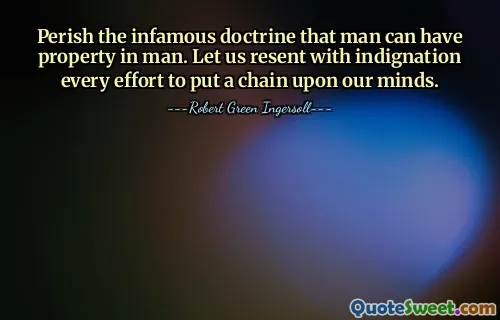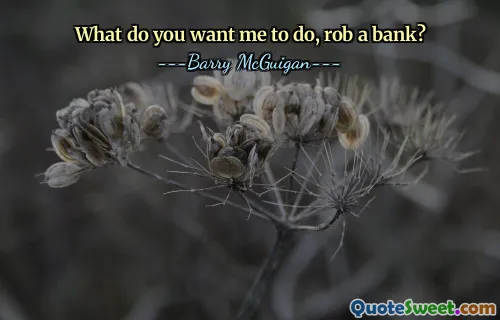When I meet a pretty girl and beg her: Be so good as to come with me, and she walks past without a word, this is what she means to say:You are no Duke with a famous name, no broad American with Red Indian figure, level, brooding eyes and a skin tempered by the air of the prairies and the rivers that flow through them, you have never journeyed to the seven seas and voyaged on them wherever they may be, I don't know where. So why, pray, should a pretty girl like myself go with you?
In this quote, the narrator reflects on a personal experience of being rejected by an attractive girl. He interprets her silence as a clear message about his lack of extraordinary qualities or status. The narrator imagines that she perceives him as an ordinary person, unremarkable and lacking the compelling attributes that would entice her to accompany him. The language used emphasizes a contrast between her expectations and his reality.
Kafka's portrayal of this interaction reveals deeper insights into social dynamics and human relationships. The pretty girl represents an ideal that the narrator fails to meet, highlighting how societal perceptions of value and attraction often prioritize external achievements and characteristics. This dynamics leads to feelings of inadequacy and alienation, as the narrator grapples with the understanding of his place in the world and the nature of desire.





